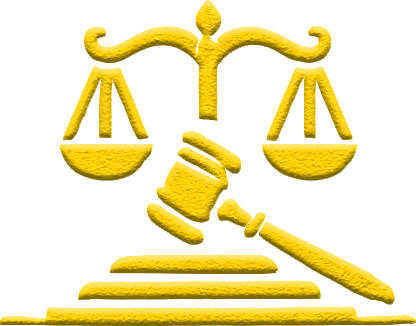7 Frequently Overlooked Damages in Personal Injury Cases (and How to Maximize Your Claim)
When most people file a personal injury claim, they’re focused on the obvious: medical bills, property damage, and maybe lost wages. But what many injury victims — and even inexperienced lawyers — fail to account for are the less visible, but highly compensable damages that can drastically increase the value of a claim. If you’ve been hurt in an accident in Florida, understanding what qualifies as a compensable damage is essential to ensuring you get a full and fair settlement.
According to Florida’s guidelines on compensable damages, injury victims are entitled to both economic and non-economic compensation — including those often missed in typical claims.
Here’s a breakdown of the most commonly missed forms of compensation — and how to make sure you don’t leave money on the table.
1. Future Medical Expenses
While most people include past medical bills in their claim, they often forget to calculate future treatment costs — especially in cases involving long-term care, surgeries, physical therapy, or chronic pain. If your injury will require follow-up treatment, medication, or rehab, that’s a damage you can (and should) claim.
What to include:
-
Ongoing physical therapy
-
Prescription medications
-
Mobility aids or equipment
-
Follow-up surgeries
-
In-home care or assistance
Make sure your attorney works with medical professionals to forecast these costs — the defense certainly will.
2. Loss of Earning Capacity
It’s easy to calculate lost wages if you missed work for a few weeks — but what if your injuries permanently impact your ability to earn? Florida law allows you to seek compensation for loss of earning capacity, especially in cases of permanent disability, chronic pain, or vocational limitations.
This is especially important for:
-
Labor-intensive workers
-
Self-employed individuals
-
Young professionals with upward potential
An expert in vocational economics can quantify what your lifetime losses could look like. Don’t overlook this — it could be worth six or seven figures.
3. Pain and Suffering
Unlike tangible losses, pain and suffering is non-economic — but no less real. It includes the physical and emotional distress you’ve endured as a result of your injuries.
Common forms of pain and suffering:
-
Chronic pain
-
Emotional trauma or PTSD
-
Anxiety, depression, or fear
-
Inability to enjoy hobbies or daily life
Because there’s no receipt for suffering, insurance companies often lowball this category. You need a skilled injury attorney to quantify and defend it effectively.
4. Loss of Consortium
If your injury has affected your relationship with your spouse or partner — emotionally, sexually, or as a caregiver — you may be entitled to damages under a loss of consortium claim.
This is especially relevant in:
-
Severe injuries with long recovery
-
Spinal cord or brain trauma
-
Cases of permanent disability
Your spouse may even have the right to file a separate claim under Florida law.
5. Scarring and Disfigurement
Visible injuries can affect your mental health, self-esteem, and social/professional interactions. Claims for disfigurement or permanent scarring are often overlooked unless they’re extreme — but even smaller facial or hand scars can significantly impact your life.
Important details:
-
Location and visibility of scar
-
Emotional impact
-
Potential for revision surgery
Photos, medical expert testimony, and psychological evaluations can help strengthen this claim.
6. Transportation and Out-of-Pocket Expenses
If you’re making regular trips to doctors, specialists, or therapists — those miles add up. Many claimants forget to include:
-
Gas and mileage to medical visits
-
Parking fees
-
Ride-share or public transportation
-
Hotel stays (for out-of-town treatment)
Keep receipts and track your miles. These are reimbursable.
7. Impact on Daily Activities and Enjoyment of Life
Called “loss of enjoyment of life,” this damage refers to how your injury has reduced your ability to participate in everyday activities — playing with your kids, walking your dog, going to the gym, or even cooking.
Evidence may include:
-
Journal entries describing your limitations
-
Testimony from friends and family
-
Comparison to pre-accident lifestyle
This is a powerful component of your pain and suffering claim, especially in cases of chronic or lifelong injury.
Don’t Let the Insurance Company Decide What You Deserve
Insurance companies are experts at minimizing what they owe you — and that starts by hoping you don’t realize what you’re actually entitled to. At the Cushnie Law Group, we help clients across Port St. Lucie and the Treasure Coast identify every possible damage and fight for the compensation they truly deserve.
If you’ve been injured, don’t settle for the basics. Let’s talk about the real value of your case.
